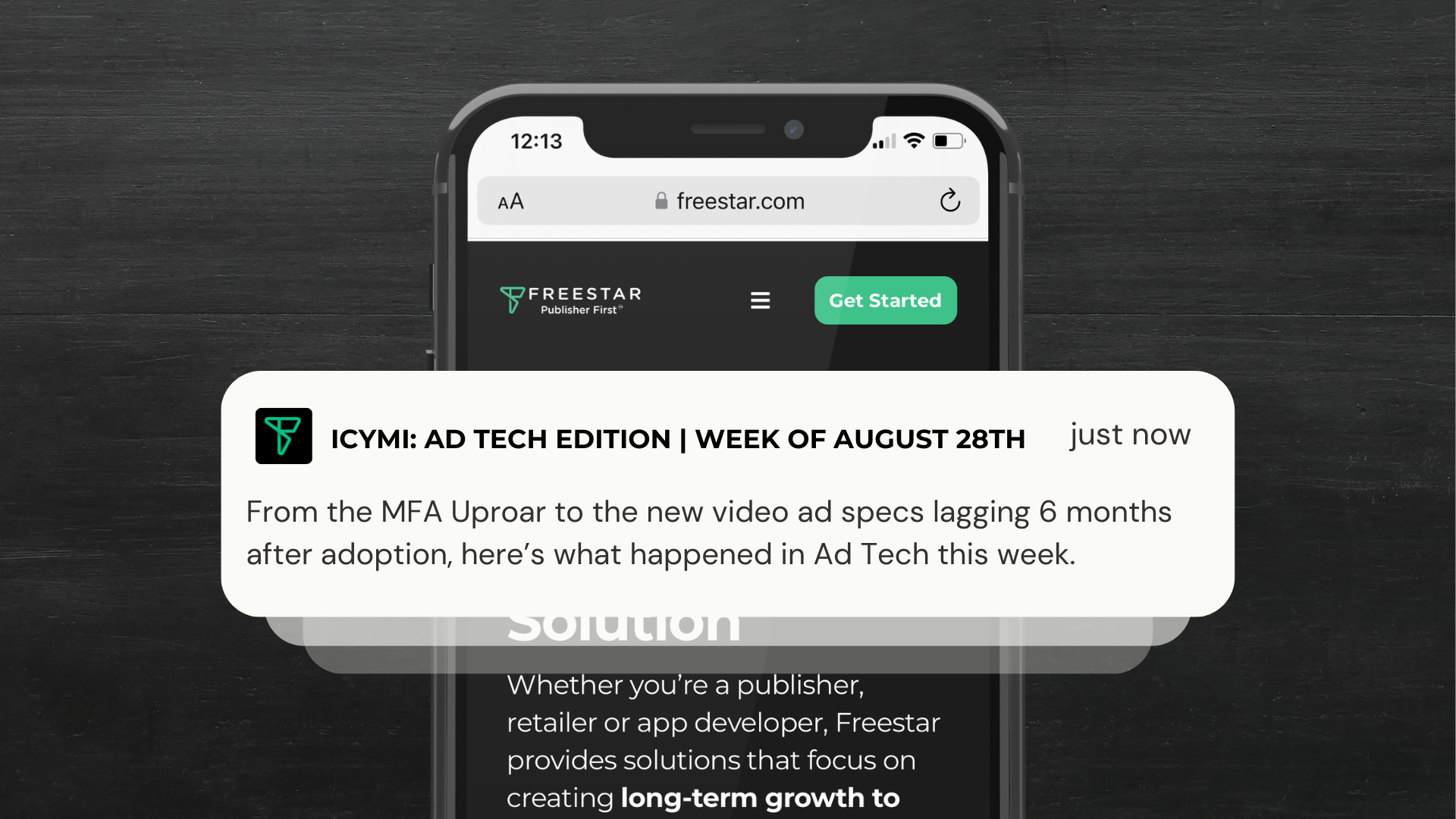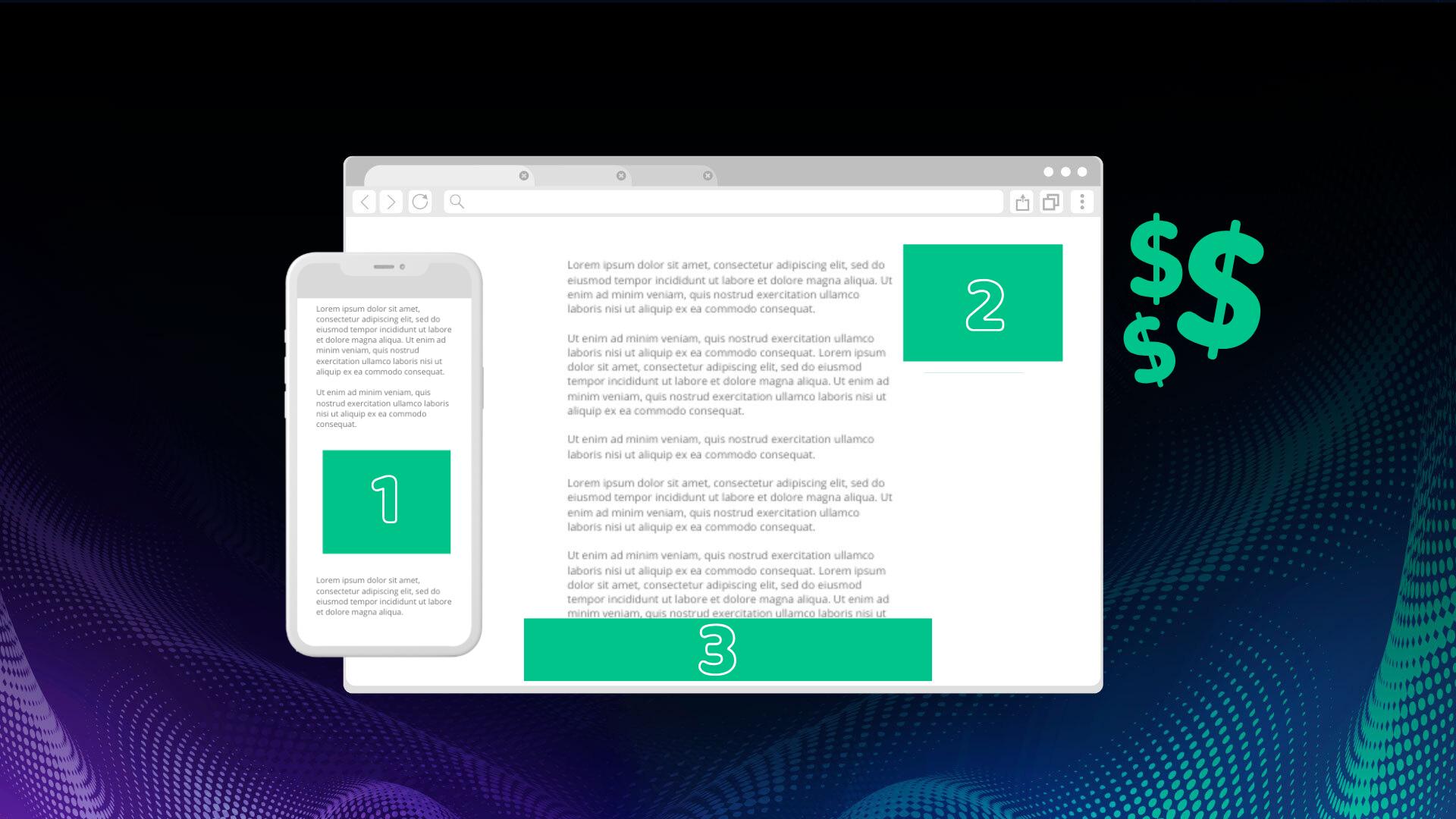Bits and Bobs from around the industry:
The MFA Uproar Puts Curation of Programmatic Advertising in the spotlight
The ad industry’s focus on “curation” as a response to the prevalence of low-cost reach has gained momentum due to concerns over made-for-advertising sites (MFAs). The revelation of significant ad spending on MFAs triggered the need for more curated approaches to ad placements. GroupM, a major media buyer, has taken steps to bolster defenses against MFAs and partnered with Jounce to enhance its inclusion lists of safe sites for ads. Other agencies have also been looking into curation to address issues like MFAs. Curated marketplaces, where agencies shape inventory based on quality, are gaining traction. This approach involves data-driven decisions and could improve ad effectiveness without significantly raising costs. While concerns like ad spoofing and domain spoofing persist, MFAs are currently a primary concern in the programmatic advertising landscape.
The Life Changing (But Not Revenue-Changing) Magic of Decluttering Ads.txt
UK-based ad network Publisher Collective has undertaken a six-month process to declutter its ads.txt files while also updating to the ads.txt 1.1 standard. The network, which monetizes over 200 publisher sites, has not seen a significant positive or negative revenue impact from the cleanup, but it has learned more about its valuable partners and reduced waste in unnecessary line items. The process allowed Publisher Collective to reevaluate its relationships and remove inactive SSP seat IDs and underperforming partners and resellers. The cleaned-up files have not negatively impacted revenue, and while no concrete evidence suggests higher CPMs or increased revenue, the network’s DSP crawlers can now better parse the ads.txt files, potentially leading to more demand.
Publisher Adoption for New Video Ad Specs Lags 6 Months After Introduction
New video ad classifications introduced by the Interactive Advertising Bureau (IAB) Tech Lab to enhance transparency in digital video buying have struggled to gain traction among publishers due to various factors. The IAB Tech Lab revised the taxonomy in March after concerns that the original guidelines could impact publisher and vendor revenues. However, adoption of the new classifications remains slow due to reasons such as lack of financial incentives, a firm deadline, and support from supply-side platforms (SSPs). A lack of clarity on who is responsible for enforcing the standards has also hindered adoption, with SSPs and publishers waiting for each other to embrace the standards. While publishers recognize the value of the updated classifications, concerns about potential revenue drops and disparities in CPMs have deterred many from implementing the new protocol.






